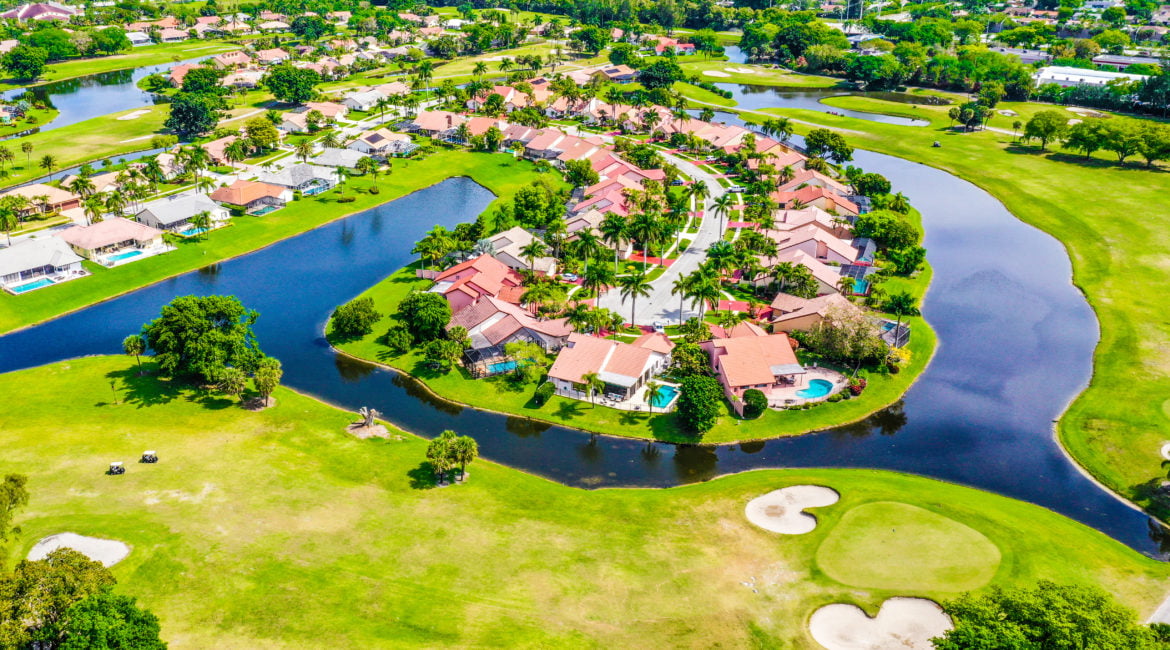Real estate farming is a lead generation and marketing strategy used by real estate professionals to generate consistent business from a specific geographic area. Agents farm a neighborhood by providing consistent value and attention and cultivating relationships—thereby generating leads that evolve into long-term clients and reliable business.
Done successfully, real estate farming capture at least 30% of all sales in a target area, making real estate farming an extremely effective and dependable way to market a real estate business. In this article, I’ll walk you through my detailed farming strategy.
Real Estate Farming: Strategy + Cost to Get Started
Ready to start real estate farming? Here are the four steps to this powerful strategy, plus the budget you’ll need to get started in your first year.

1. Target the Right Neighborhood

The success of your real estate farming operation depends on choosing the right area. A good farm included 500 homes or less. Choose a place where there’s healthy demand (a good absorption rate) and where homes are being listed for sale at a solid clip (a good turnover rate). Ideally, choose a place where you’ve got some name recognition and some built-in expertise.
2. Plan How & When to Deliver Value to Your Farm

Agents crushing the real estate farming game are delivering consistent value to homeowners in their farm areas. The key to this step is to plan the “what,” “when,” and “how” in advance. That way, you can reserve your precious face-time for client conversations that will move your prospects closer to a transaction.
Examples of successful real estate farming outreach include postcards, market updates, social media groups, and neighborhood websites. Create a calendar with each message you’re planning to send, and note what value it provides to your audience.
3. Make a Plan to Manage & Track Your Leads
Essential tool: Real Estate CRM with Text Messaging like iMaxCRM

Your real estate farming leads are distinct from the types of leads you get from Zillow Premier Agent or the home valuation landing page on your website, so track them as such.
For our money, the best way to track leads is to invest in a solid real estate customer relationship manager (CRM) that will allow you to tag farm contacts, automate digital communication like email or text messages, and create a record of the value you’ve delivered over the life of your farm. Plus, a CRM provides an easy system to track every reply you send and ensure you promptly follow up on every point of contact.
4. Execute Your Real Estate Farming Plan: Start Delivering Value!

You’ve chosen the right farm area, made a plan to deliver consistent, long-term value, and set up a system to help you manage and track your interactions. Now, it’s time to set your automated communication plans in motion and start the clock on the high-touch outreach you’ll do to follow up with your postcards, social posts, and market updates.
Successful real estate farming is a combination of long-term automated communication and smart, day-by-day, personal follow-up. If you treat farming as a set-it-and-forget-it strategy, you won’t be as effective. Be active in the communities you’re serving, and your clients (and your wallet!) will thank you!
Social Media for Real Estate Farming
Social media can be a powerful tool for real estate farming. Many local neighborhoods have their own Facebook groups and homeowners associations (HOAs) with dedicated websites and social profiles, not to mention residents who are likely to be active on social platforms.
Start by connecting with members of your farm area using your personal social media profile. Then, using Facebook, create a custom audience for specific posts that include only the people in your farm.
This social media real estate farming strategy can be a great tool for promoting your hyper-local real estate website pages and any neighborhood-specific web content you’ve created, like market updates or neighborhood blogs.




